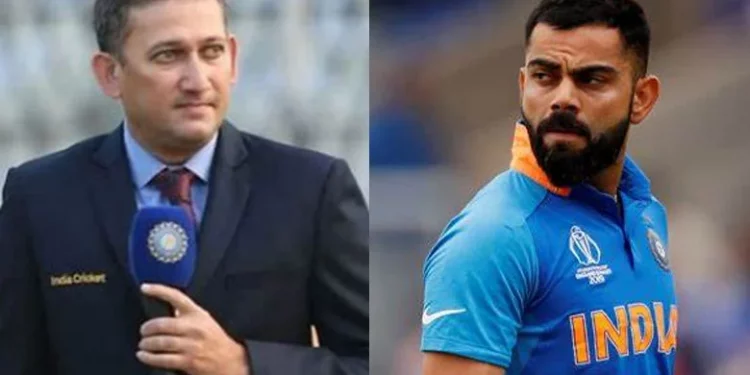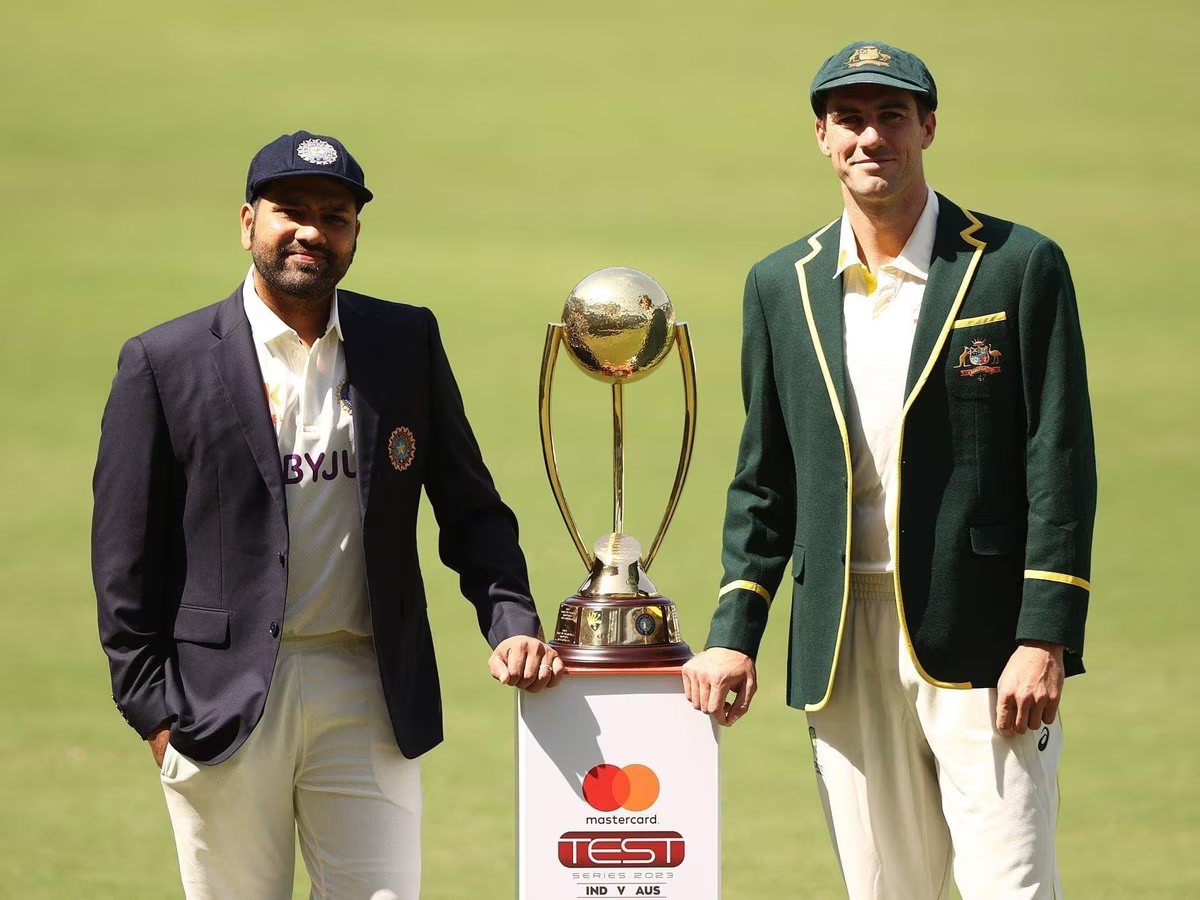Chief selector Ajit Agarkar, however, stated that he never gave concern to Kohli’s strike rate since he feels that team India will want his experience in the major competition, which is set to start on June 1. A lot of people talked about Virat Kohli’s strike rate before India’s T20 World Cup roster was revealed. The top batsman was having a great time scoring runs in the IPL 2024, but at one point his strike rate was a cause for concern and received a lot of attention.
The selection committee ignored Kohli’s strike rate, according to Agarkar, because there are important distinctions between international and IPL cricket. He went on to say that the 35-year-old, in his opinion, offers the team the necessary balance in the center.
“We haven’t talked about his strike percentage. International cricket and the IPL are not the same. You must have prior experience. Within the team, we have sufficient power and balance. You strive to find the good things that are happening in the IPL. During the news conference, Agarkar stated, “The pressure of a World Cup game is different.”
Remarkably, Virat is now the IPL’s second-highest run scorer. With a strike rate of 147.49, he has 500 runs in 10 games.
Rinku missed out, although that was not his fault: Ajit Agarkar
Many were taken aback by Rinku Singh‘s absence from the T20 World Cup. The 26-year-old was one among the favorites to make the starting XI and has performed admirably in the few chances he has had with the national team. Rinku was forced to pass since the selection committee wanted an extra spinner in order to maintain balance. Agarkar discussed the situation and gave an explanation for the change.
ALSO READ: Prior to the 2024 T20 World Cup, Wasim Akram will teach Sri Lanka’s pacers
It’s not his fault he was left out. did not do anything improper, nor did Shubman Gill, either. It ultimately came down to the combination we want. desired to have a sufficient selection of wrist spinners. Kuldeep, give it to us, Chahal. The all-rounder Axar Patel is followed by two wicketkeepers, according to Agarkar.









 Win Projections to be updated soon
Win Projections to be updated soon





















